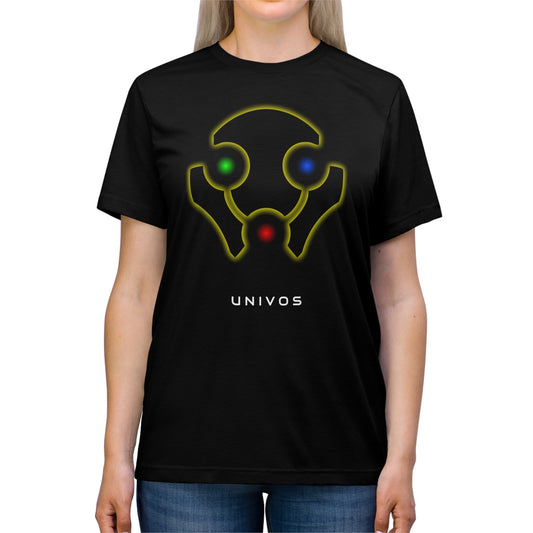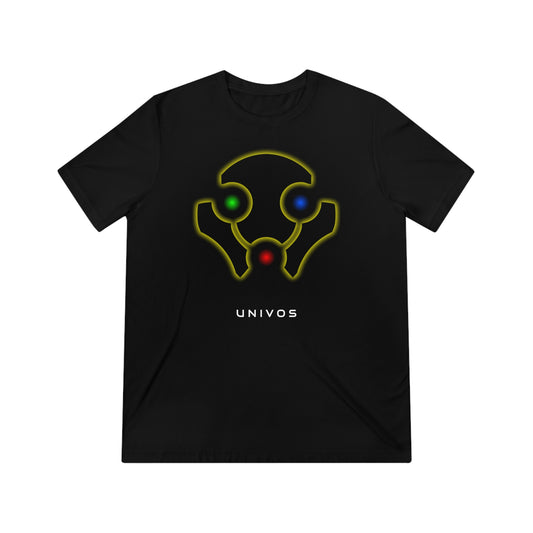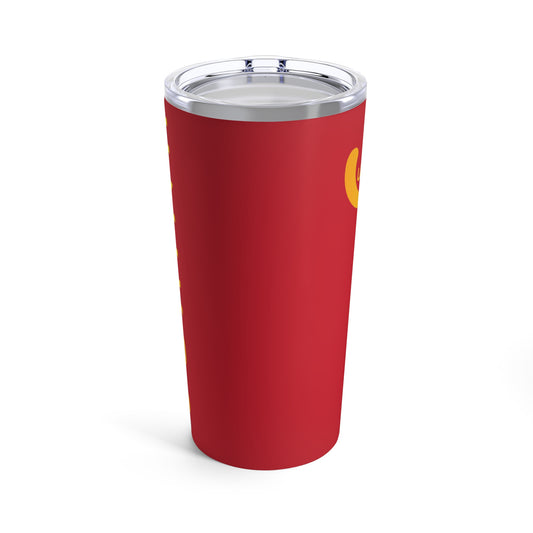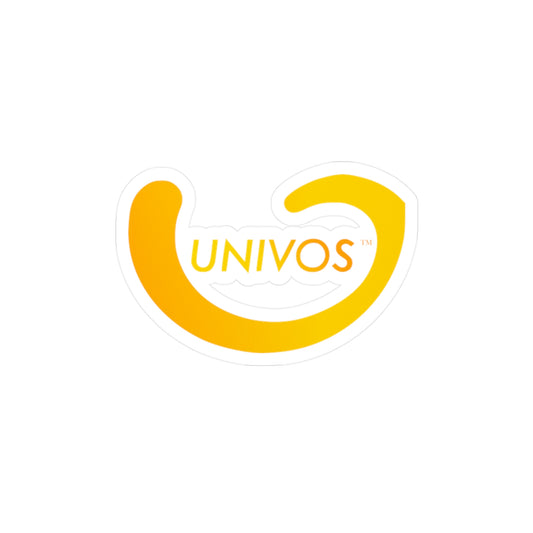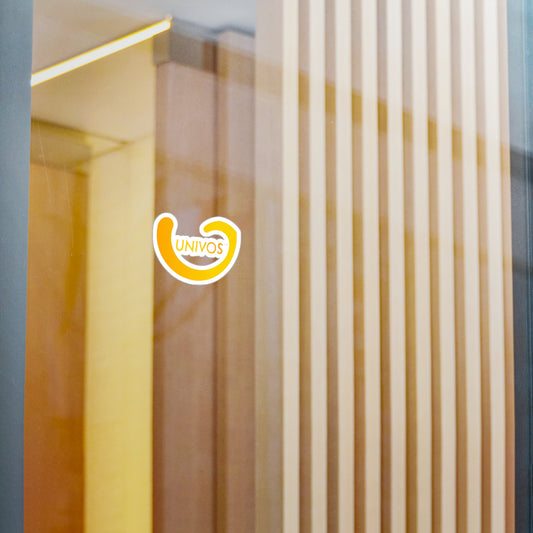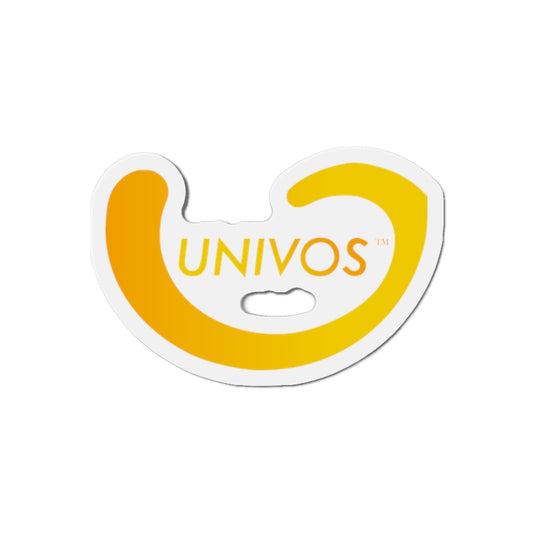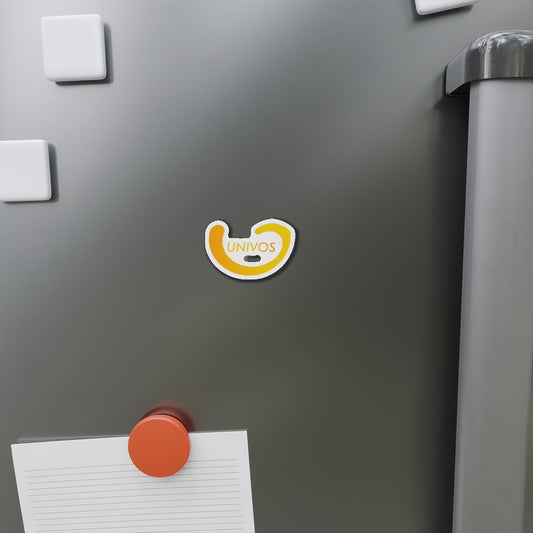Welcome to a realm where technology and imagination converge! Today, we embark on a captivating quest: Can Artificial Intelligence (AI) be creative? In a world where AI's presence is ever-expanding, comprehending its potential beyond mere computation takes on paramount importance.
Understanding AI and Creativity

At its core, AI is the science of crafting intelligent machines—machines that can think, learn, and adapt. Creativity, however, is the spark that ignites novel and valuable ideas. It's the force propelling art, music, and literature. But can these two worlds harmonize? Can AI replicate, or perhaps even surpass, the heights of human creativity?
Examples of Creative AI

The domain of AI creativity is not a mere hypothesis. AI has ventured into territory once reserved for human ingenuity. From AI-generated artwork that astounds to symphonies composed and poems penned by algorithms, AI's creative expressions are increasingly difficult to overlook. Google's Project Magenta, for instance, delves into the intersection of AI, art, and music, challenging the limits of machine-generated creativity.
The Mechanisms Behind AI Creativity
So, how does AI become 'creative'? The key lies within the realms of machine learning and neural networks. By scrutinizing extensive datasets, AI discerns patterns and styles, subsequently applying this knowledge to forge new creations. It's a process that involves learning from existing artistry to craft something genuinely unique.
Debate: AI Creativity vs. Human Creativity
The debate rages on. Some contend that AI's creativity is but a replication, lacking the emotional depth and originality of human art. Others posit that AI has the potential not only to replicate but to elevate human creativity, offering fresh perspectives. This debate delves deep into the fundamental questions concerning the nature of creativity and consciousness.
Ethical and Philosophical Considerations

As AI ventures deeper into creative realms, ethical and philosophical queries arise. Should AI-generated art be deemed equivalent to human-created art? What implications does this hold for the future of human artists? These inquiries challenge our traditional conceptions of art and creativity.
Future of Creative AI
The future of creative AI unfurls like an expansive canvas. AI may evolve into an indispensable component of creative industries, collaborating harmoniously with humans to fashion hybrid art forms. It has the potential to reshape our perception of art, creativity, and the role of technology in our lives.
Conclusion
As we stand at the crossroads where technology converges with creativity, the odyssey of AI into the realm of artistic expression is merely commencing. Whether AI can genuinely be creative remains an enigma, open to interpretation and exploration. One thing, however, stands undeniably clear: the fusion of AI and creativity paints a mesmerizing landscape, teeming with prospects and challenges alike.
